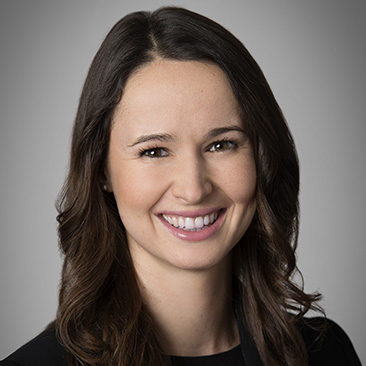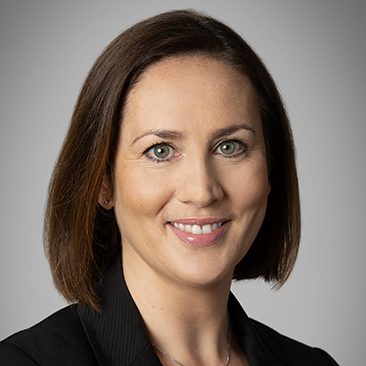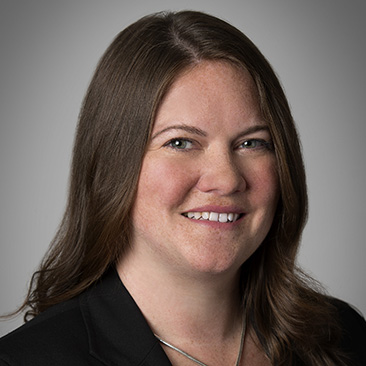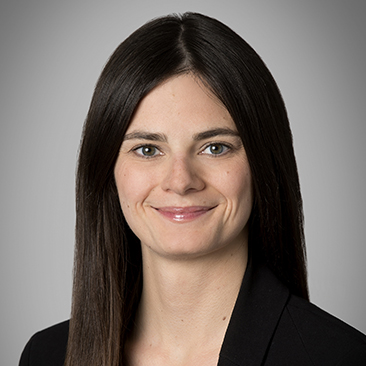The Court of Appeal in London today gave judgment on Parts A and B of the Lehman Waterfall II Appeal, as part of the ongoing dispute as to the distribution of the estimated £8 billion surplus of assets in the main Lehman operating company in Europe, Lehman Brothers International (Europe) (LBIE).
LBIE entered administration on 15 September 2008 and has now paid its unsecured creditors dividends of 100p in the £. The Waterfall II Parts A and B judgment addresses some of the key issues as to who should receive the surplus and in particular, the extent of creditors’ entitlements to statutory interest on their debts and the correct approach to calculating those entitlements.
Lady Justice Gloster, Lord Justice Patten and Lord Justice Briggs unanimously upheld the decisions of David Richards J and Hildyard J on all remaining issues which had been subject to appeal. Following the decision of the Supreme Court in Waterfall I in May 2017, a significant number of issues which had been argued at the Court of Appeal hearing in April have since fallen away, including all of the issues on appeal in Waterfall II Part B. The Supreme Court had determined that currency conversion claims do not exist, rule 2.88(7) of the Insolvency Rules 1986 represents a complete statutory code for interest and that the “reversion to contract analysis” no longer prevails with respect to currency conversion or interest payments.
The issues which were upheld in Waterfall II Part A are as follows:
- Bower v Marris: Bower v Marris does not apply to the calculation of statutory interest and therefore dividends should be allocated first to the reduction of principal and then to the payment of statutory interest (declaration (iii) / issue 2);
- Compound interest: where statutory interest is calculated at the “rate applicable to the debt apart from the administration” and such rate is a compounding rate, compounding stops when a creditor has been paid 100p in the £ (even if interest remains unpaid) (declaration (viii) / issue 3);
- Foreign judgment interest rates: the “rate applicable to the debt apart from the administration” does not include a foreign judgment rate if the judgment was obtained after the date of administration or if the judgment could have been obtained after the date of administration (but was not) (declaration (x) / issue 4);
- Interest on contingent debts: statutory interest payable in respect of an admitted provable debt which was a contingent debt at the date of administration is payable from the administration date (declaration (xiv) / issue 7);
- Compensation for delay in interest payments: creditors are not entitled to further interest, damages or other form of compensation in respect of the time taken for statutory interest to be paid (declaration (iv) / issue 2A); and
- Close-out sum interest rates: “rate applicable to the debt apart from the administration” includes, in the case of a debt which is a close-out sum under a contract, a contractual rate of interest which began to accrue only after the close-out sum became due and payable due to action taken by the creditor after the administration date (declaration (xxvii) / supplementary issue 1A).
The above issues were referenced at (b), (c), (f), (g) and (j) in our update on Waterfall II Parts A and B here and at (10) in the update on the Waterfall II Parts A and B Supplemental Issues here. The remaining issues fell away as a result of the decision of the Supreme Court in Waterfall I or were not the subject of appeal.
Weil acts for Lehman Brothers Holdings Inc., which has an interest in the Wentworth joint venture. The team was led by London Restructuring partner Mark Lawford, assisted by Restructuring associates Lindsay Merritt and Rosalind Meehan.
Weil has represented Lehman Brothers Holdings Inc. since its historic bankruptcy filing in September 2008. As part of the ongoing representation, we continue to field a multi-disciplinary team, led in London by Adam Plainer.
Contributor(s)


More from the Weil European Restructuring Blog
This website is maintained by Weil, Gotshal & Manges LLP in New York, NY © 2020 Weil, Gotshal & Manges LLP, All Rights Reserved. The contents of this website may contain attorney advertising under the laws of various states. Quotation with attribution is permitted. This publication is provided for general information purposes only and is not intended to cover every aspect of the purpose for the law. The information in this publication does not constitute the legal or other professional advice of Weil London or the authors. The views expressed in this publication reflect those of the authors and are not necessarily the views of Weil London or of its clients. These materials may contain attorney advertising. Prior results do not guarantee a similar outcome.
















